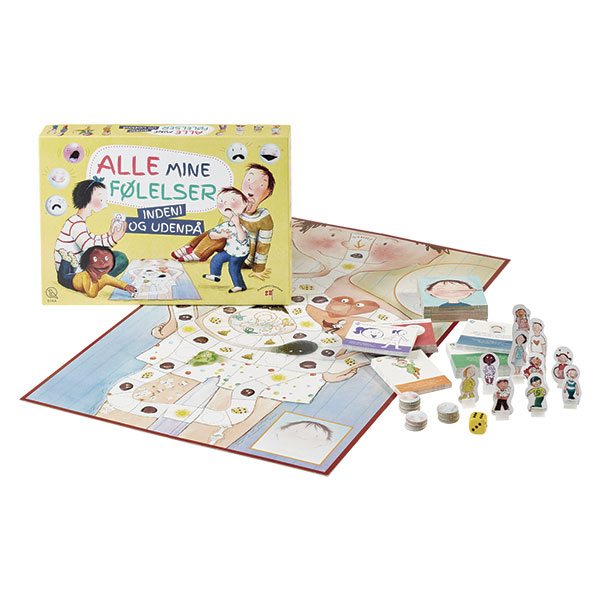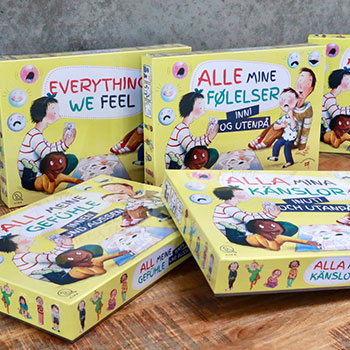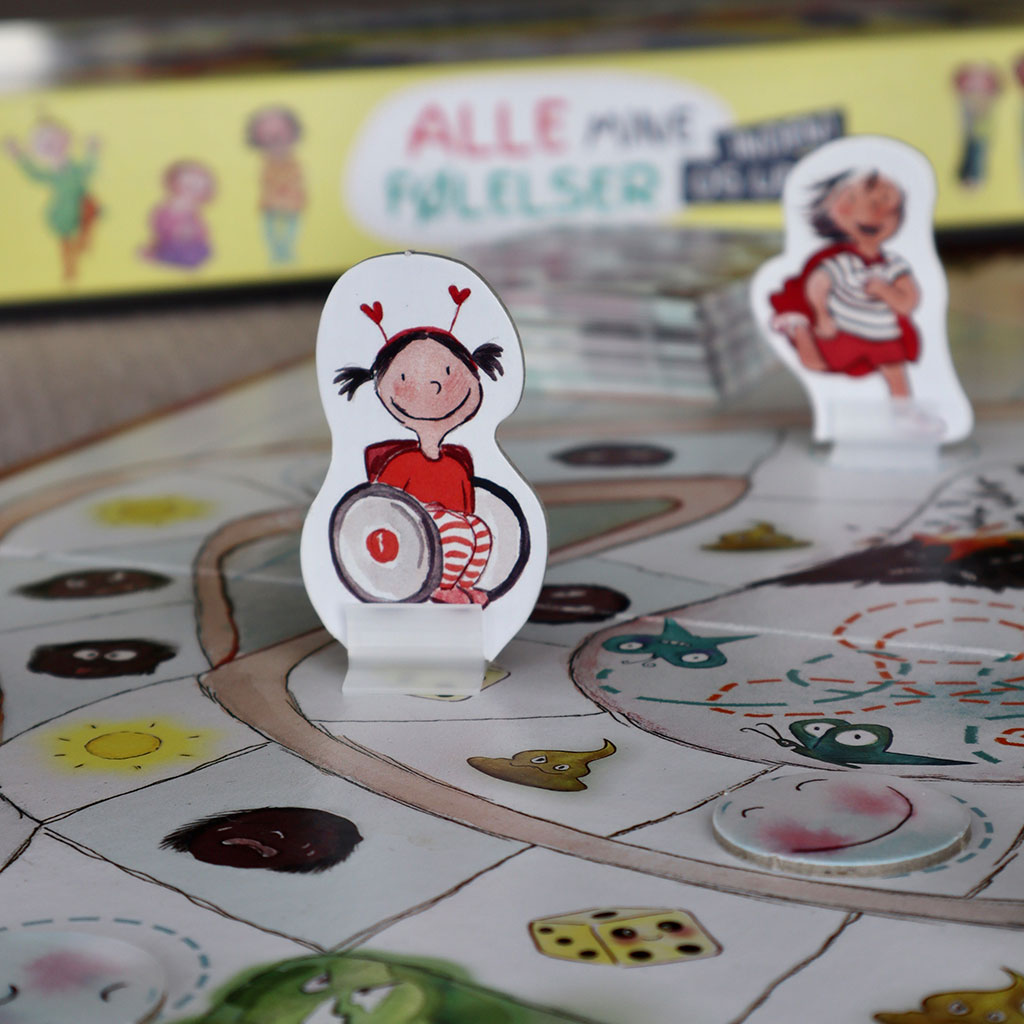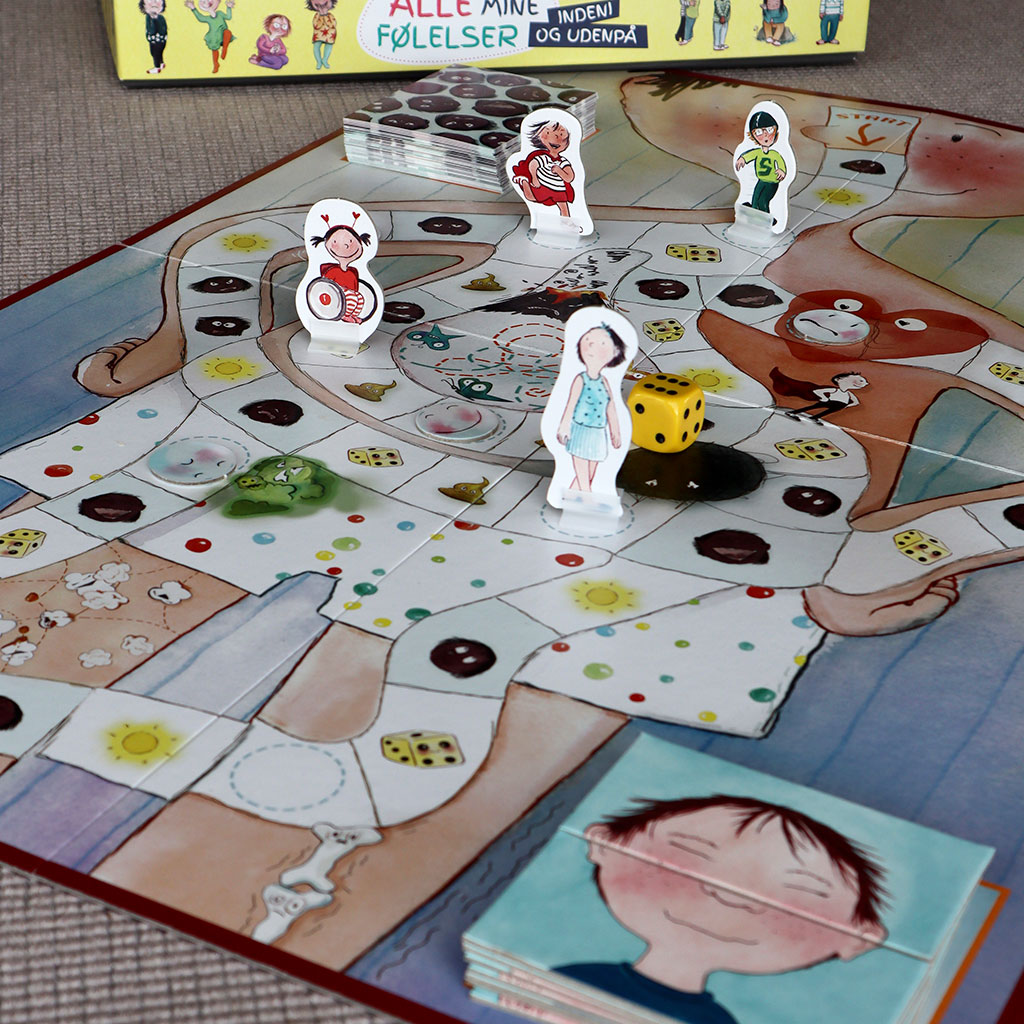Description
But why is it really important to talk to children about emotions?
It’s because emotional development doesn’t happen by itself. Emotions, like language and motor skills, need to be stimulated in order to develop and “grow”, so that your children grow up with the best conditions for developing a balanced emotional life and a stable self-esteem.
Allemotions are good emotions
However, talking about emotions is something that many, both children and adults, may find difficult, and some may even find it uncomfortable. But everyday life is full of emotions from the time we get up until we go to bed. We don’t even notice most of these emotions, but the strong feelings stay with us for a long time – both those that are nice and those that are unpleasant. Some people find it easy to talk about when they’re happy, feeling good or have experienced something funny, but the difficult feelings can be much harder to talk about. Why is it this way? In part, it may be something we learn from childhood.
As parents, of course, we want to protect our children, so we sometimes try to spare them negative emotions and experiences. However, shielding children from negative emotions can mean that they develop an inappropriate relationship with negative emotions. But negative emotions are completely natural, inevitable and part of a healthy emotional life. An important part of emotional development is that children are allowed to experience all emotions and feelings. Negative emotions must therefore be responded to and recognised to the same extent as the positive ones. That way, children will feel understood to a much greater extent and will learn to recognise and deal with all emotions.










